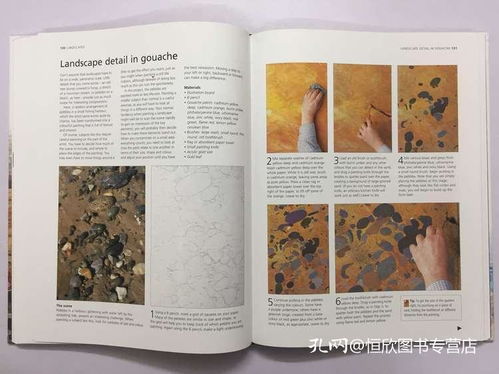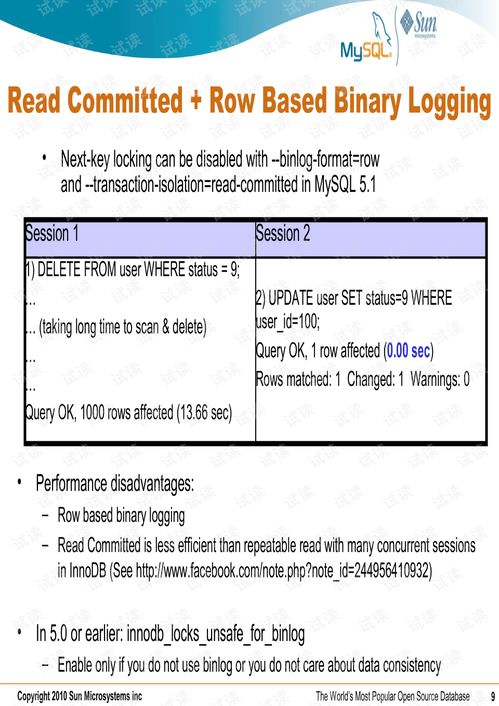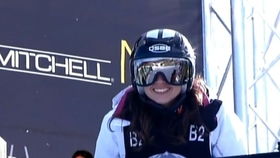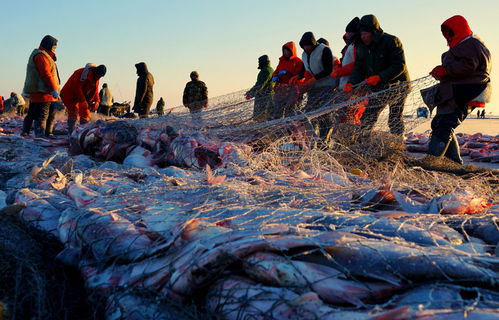
Content:
Introduction: Competitive fishing, often referred to as bass fishing or tournament fishing, has gained immense popularity in recent years. It requires not only a deep understanding of fish behavior but also a set of skills that can give anglers an edge on the water. If you're new to the world of competitive fishing and want to learn how to improve your技巧, this article will guide you through the essential steps to mastering the art of competitive fishing.
Understand the Basics: Before diving into the competitive fishing scene, it's crucial to have a solid foundation in basic fishing skills. This includes understanding fish species, their habitats, and the equipment needed for successful fishing. Start by joining local fishing clubs or attending workshops to learn from experienced anglers.
Choose the Right Equipment: The equipment you use can significantly impact your performance in a tournament. Invest in high-quality rods, reels, lines, and lures that are suitable for the type of fishing you plan to do. Consider the following:
- Rods: Select rods that are appropriate for the fish species you're targeting. Longer rods provide more leverage, while shorter rods offer more sensitivity.
- Reels: A quality reel is essential for smooth casting and retrieving. Match the reel size to your rod and line strength.
- Lines: Use monofilament, fluorocarbon, or braided lines depending on the water conditions and fish species.
- Lures: Experiment with different lures to see which ones work best in your local waters.
Develop Casting Skills: Casting is a fundamental skill in competitive fishing. Practice casting in various conditions to improve your accuracy and distance. Here are some tips:
- Keep your arm straight and use your wrist for the initial cast.
- Focus on the target and maintain a consistent rhythm.
- Adjust your casting technique based on the wind and water conditions.
Learn to Read the Water: Understanding the water you're fishing is crucial for success. Observe the following:
- Water clarity: Clear water requires more subtle techniques, while murky water allows for more aggressive presentations.
- Structure: Identify underwater structures such as rocks, logs, and vegetation that can hold fish.
- Current: Understand the direction and strength of the current to predict fish movement.
Master Different Techniques: Competitive fishing involves various techniques, including:
- Casting: Practice different casting techniques to cover more water and reach hidden fish.
- Trolling: Trolling involves dragging lures behind a boat at a slow speed. Learn to adjust the speed and depth for different fish species.
- Jigging: Jigging involves repeatedly lifting and dropping a lure to attract fish. Practice different retrieves and lure presentations.
- Still fishing: This technique involves casting and waiting for a bite. Use various baits and presentations to keep the fish interested.
Develop a Tournament Strategy: Before attending a tournament, plan your strategy. Consider the following:
- Target species: Identify the fish species that are most abundant in the tournament area.
- Time of day: Fish tend to be more active at certain times of the day. Plan your fishing schedule accordingly.
- Weather conditions: Adapt your technique based on weather changes, such as wind, temperature, and cloud cover.
Stay Informed: Keep up with the latest fishing trends, techniques, and equipment. Subscribe to fishing magazines, join online forums, and follow professional anglers on social media. This will help you stay updated and refine your skills.
Conclusion: Learning how to play competitive fishing is a journey that requires dedication, practice, and patience. By understanding the basics, choosing the right equipment, developing your casting skills, and mastering different techniques, you'll be well on your way to becoming a successful competitive angler. Remember to stay informed and adapt your strategy to the ever-changing conditions on the water. Happy fishing!












